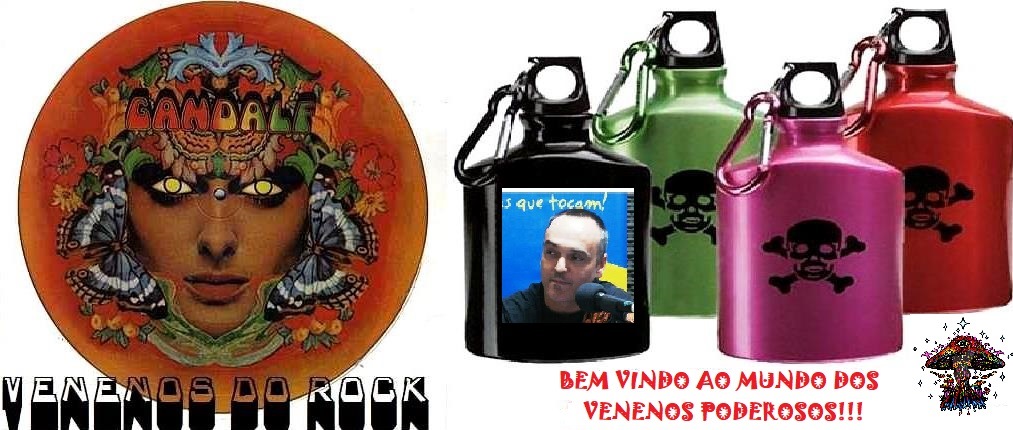.jpg)
REPOSTAGEM DA SÉRIE DAQUELES DISCOS QUE TINHAM LINKS PARA O SHAREONALL!! ESTA É MAIS UMA BARBADA PARA OS ENVENENADOS!! RARIDADE MÁXIMA!! JÁ É O QUARTO ALBUM DESTA EXCELENTE BANDA HOLANDESA POSTADO NESTE BLOG!! É SOM E RARIDADE DA MELHOR QUALIDADE!! CUBY AND THE BLIZZARDS!! NÃO CONSUMA COM MODERAÇÃO!!
It’s 1964, Britain has got their Stones, their Beatles, their Animals and a truckload of other “blues”-bands. And Holland? The Dutch just got themselves Cuby & The Blizzards. Unlike so many little white blues bands in the mid-sixties, these guys actually know their stuff. In a few years time, they don’t just rock the proverbial boat a bit, they actually matter. When Van Morrisson calls it quits with Them, they back him up until he manages to get his solo-career going. Sometime during 1967, Eddie Boyd is touring Holland and Western Europe, and ends up with John Mayall staying at Harry “Cuby” Muskee’s farm in Grollo. This resulted in the 1967 album “Praise The Blues”. Their other 1967 release was “Groeten Uit Grollo” (“Greetings From Grollo”). The latter record kicks off with a strong, full sound of early blues-rock, firmly planted in the Chicago blues and more importantly, the sound of John Lee Hooker. But this act was more then just overdriven guitars and a big amp-stack, and they aren’t afraid to show it. The band is tight, experienced for its youth, and the musicianship displayed here is only hinting to the greatness to come over the next four decades.Right from the moment the Blizzards were formed, they were a domestic hit, and this record shows very well why. These are white kids, grown up in relative security and wealth, yet they understand the blues the way John Mayall or Eric Clapton understand the blues. Subsequently, The Blizzards ended up being more or less to the Dutch blues scene what the Headhunters had been to the early post-war Chicago blues circuit. The music on this disc follows standard blues patterns, the chord changes are regular, the turn-arounds are basic and standard, but the entirety of its sound is something else. Cuby can belt the blues, that’s obvious from the first cut. The piano has a strong foundation in the band. Herman Brood (who was to go on to be one of the mainstays in Dutch pop-music and sadly committed suicide in 2001) knew his blues piano, and already shows that he could sing too.Cuby’s ability to write good lyrics shines through very strong here. His lyrics have hints towards the blues lyrics of the future, of today.From the first day on, Cuby & the Blizzards have drawn strongly on their main influence, the King of Boogie, John Lee Hooker. They honor him here with their own renditions of a couple of his sixties-cuts: “King Of The World” and “No Shoes”. Strictly speaking “Baby Please Don’t Go” could be in that list too, but to my ear they are tipping their hat to Lightnin’ Hopkins and Big Joe Williams more there then to Hooker. “The Big Bell” is of course an Eddie Boyd song.Cuby always has had his own philosophy of how to play John Lee Hooker’s work. He believes in giving it your own spin: you shouldn’t try to sound like the master, ‘cause you can’t. I’m not sure if I agree with him, but one thing I do know: Cuby’s renditions are certainly worthy.
Tracklist:
1. Another Day, Another Road
2. The Big Bell
3. Somebody Will Know Someday
4. So Many Roads
5. King Of The World
6. Baby Please Don’t Go
7. No Shoes
8. Another Land
Personnel:
Harry Muskee – Harmonica & Vocals
Herman Brood – Keyboards & Vocals
Eelco Gelling – Guitar
Hans Kinds – Guitar
Willy Middel – Bass
Hans Waterman – Drums

Nenhum comentário:
Postar um comentário